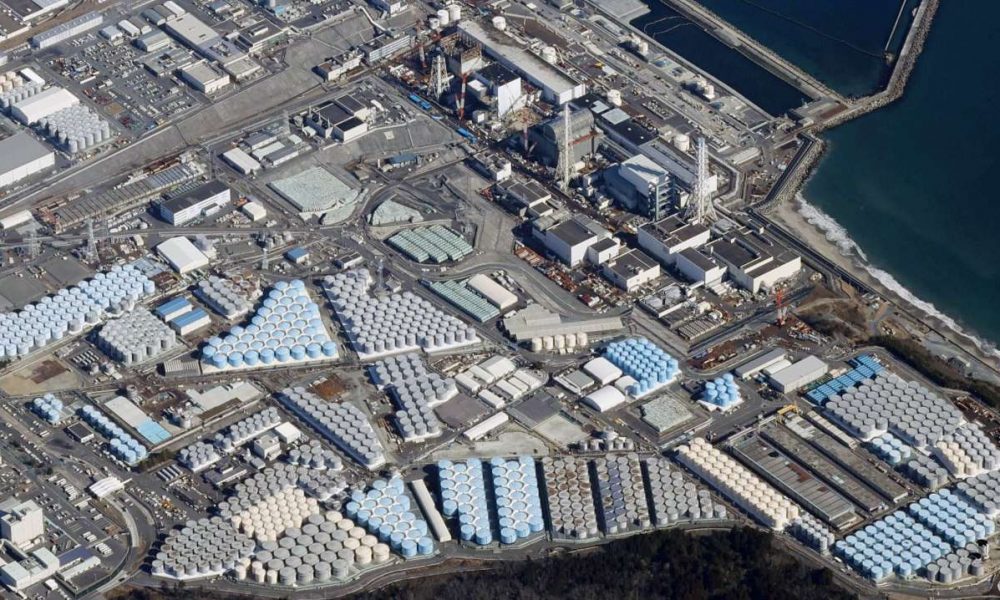
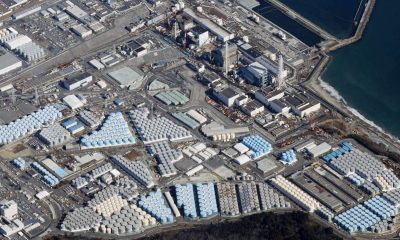

"It is important to continue providing accurate explanations" to correct misconceptions about Fukushima, says University of Tokyo Professor Naoya Sekiya.
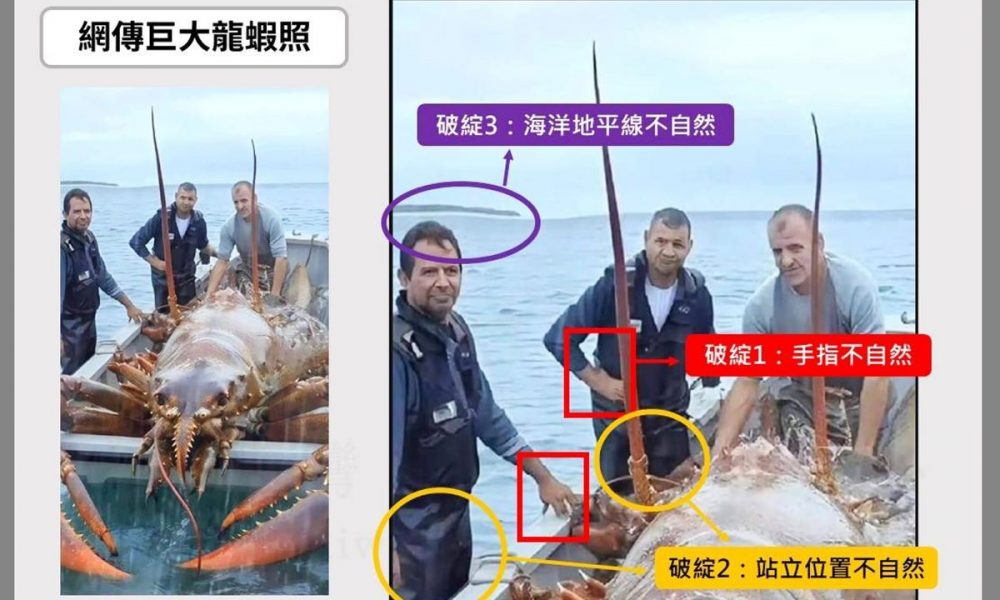
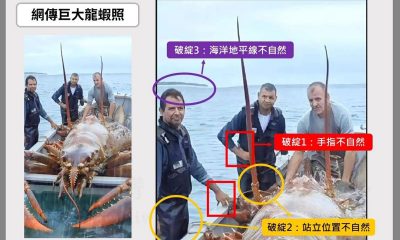

Disinformation is spreading on Chinese and Taiwanese social media about Fukushima's treated water release, including an AI-generated image of a mutant lobster.
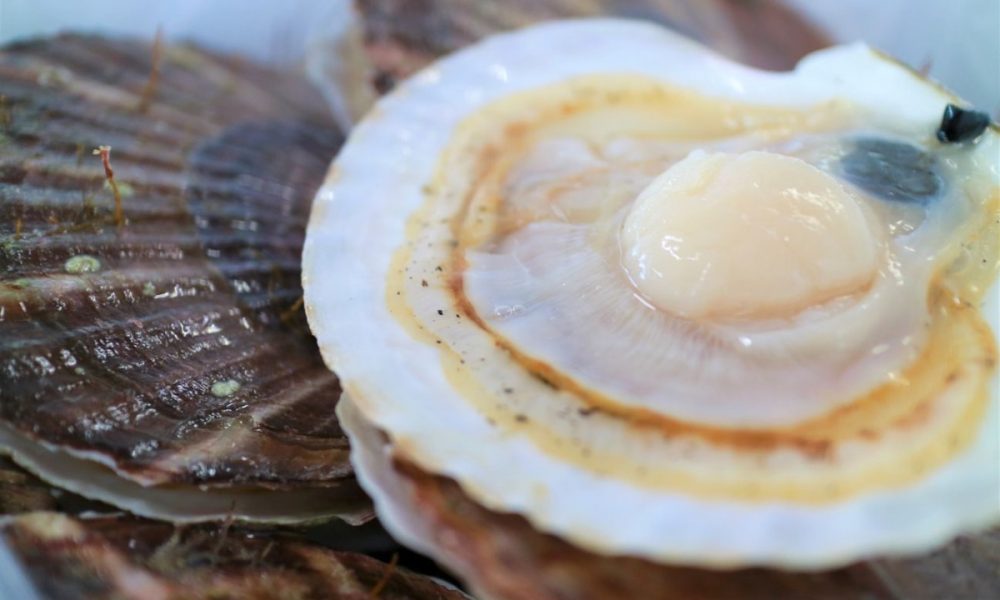
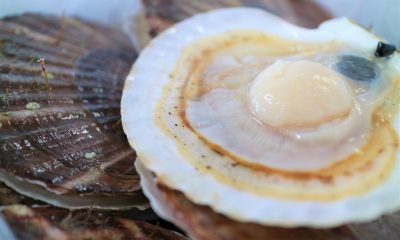

Reciprocating initiatives in 2022 to help Taiwan counter China's economic coercion, now it is promoting Japan's fishing industry against China's import ban.
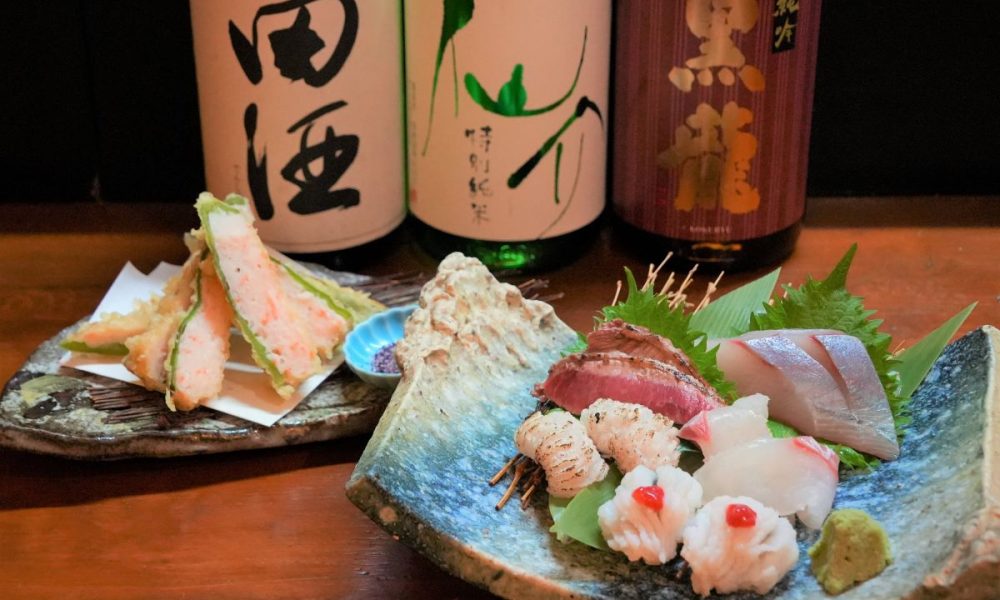
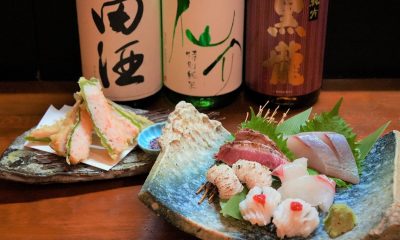

Culture Day is an opportunity to focus on the richness of world-class Japanese food, and an incentive to pass on this culture and see it develop...
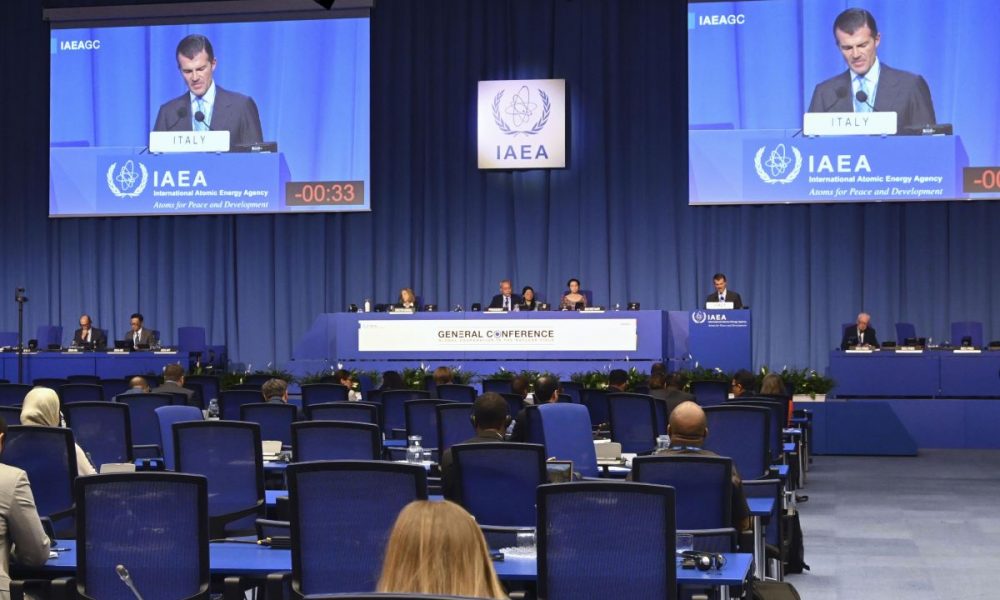
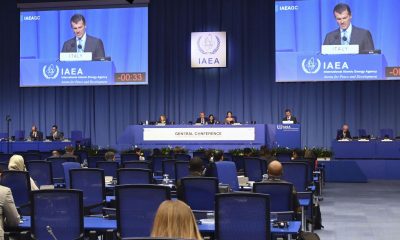

New testing by the IAEA involves laboratories from Canada, China, and South Korea, aiming to settle remaining concerns about Fukushima's treated water release.



Massive unemployment, a troubled real estate sector, and an aging population foretell problems for the Chinese economy, but how will it affect Japan and India?
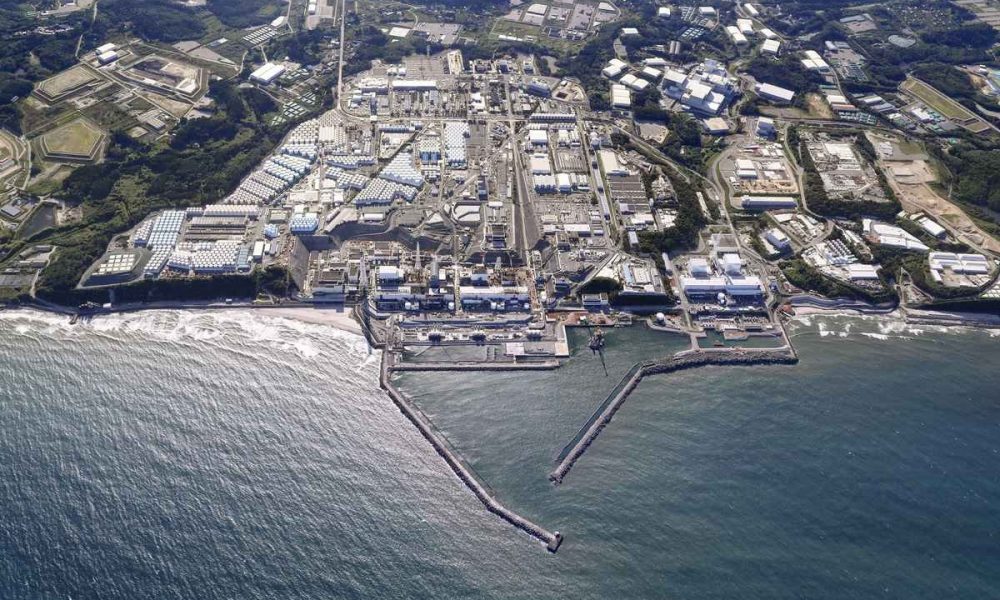
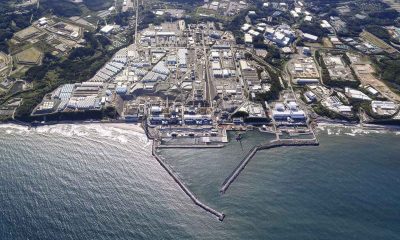

China's nuclear plants release greater volumes of tritium than Japan's treated water, but mentions of that on Chinese social media are fast deleted by censors.
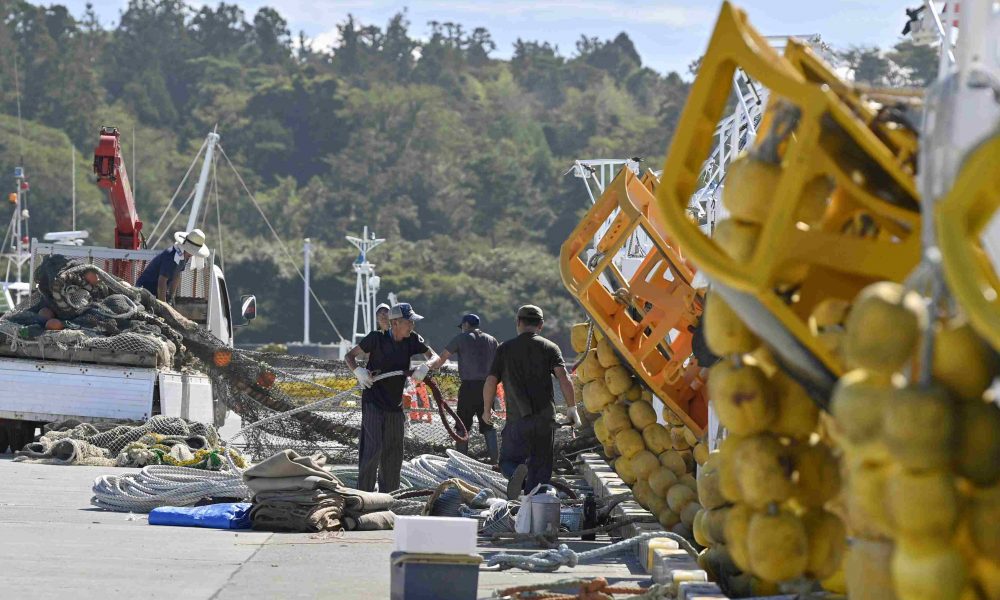
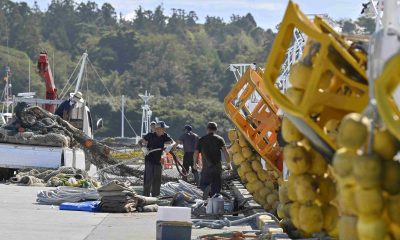

Scientists found no trace of radiation either in the water or in sea creatures. But motivated by nationalist politics, China has banned all Japanese seafood.
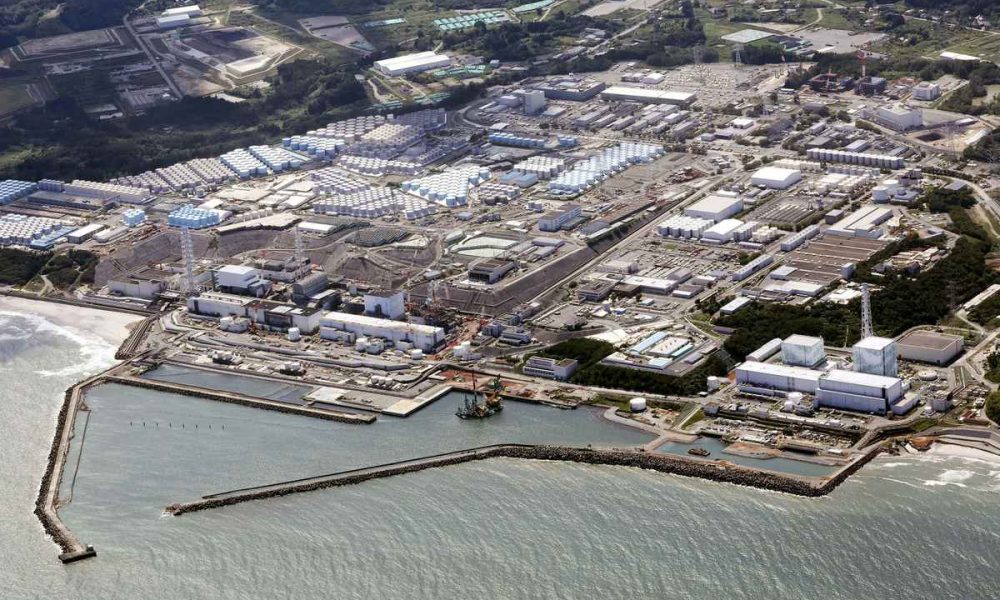
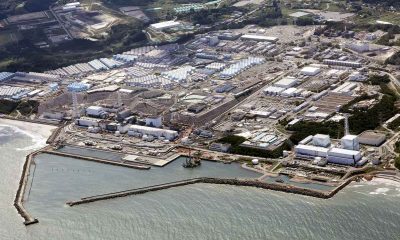

China has relentlessly spread false information about the release of treated water from Fukushima despite the safety guaranteed by international experts.
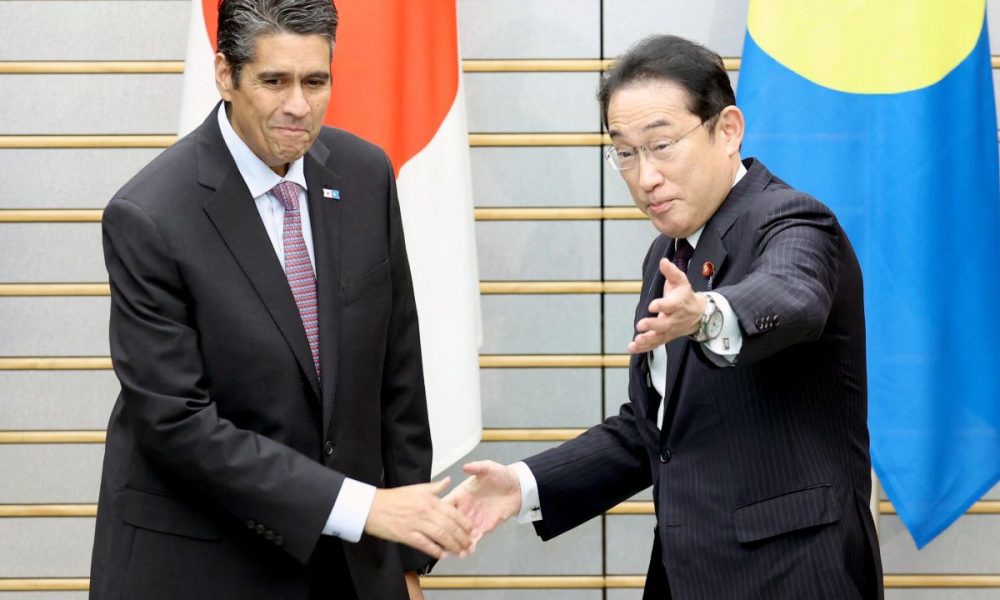


Palau President Surangel Whipps Jr toured Fukushima nuclear site, expressing confidence afterward in the safety efforts taken for releasing ALPS treated water.